
INJURED?
Get Maximum Compensation
NO FEES UNLESS WE WIN
Tap Into An Exclusive Network of Top-Rated Attorneys
Start Today with a Free Case Evaluation
Call Us Anytime - 24/7 Free Case Review
Need Support?
We’ll Respond Promptly!
Partner Awards and Recognition
$131M
Car Accident
$74.5M
Birth Injury
$45M
Drunk Driver
$29.2M
Brain Injury
$25M
Medical Malpractice
$21.6M
Motorcycle Accident
$8.5M
Birth Injury
$7M
Wrongful Death
$3.2M
Truck Accident
$2.2M
Truck Accident
$2M
Medical Malpractice
$1.5M
Car Accident
$1.2M
Car Accident
$1.1M
Car Accident
$1M
Motorcycle Accident
$1M
Car Accident
$1M
Wrongful Death
$1M
Truck Accident
$131M
Car Accident
$74.5M
Birth Injury
$45M
Drunk Driver
$29.2M
Brain Injury
$25M
Medical Malpractice
$21.6M
Motorcycle Accident
$8.5M
Birth Injury
$7M
Wrongful Death
$3.2M
Truck Accident
$2.2M
Truck Accident
$2M
Medical Malpractice
$1.5M
Car Accident
$1.2M
Car Accident
$1.1M
Car Accident
$1M
Motorcycle Accident
$1M
Car Accident
$1M
Wrongful Death
$1M
Truck Accident
$131M
Car Accident
$74.5M
Birth Injury
$45M
Drunk Driver
$29.2M
Brain Injury
$25M
Medical Malpractice
$21.6M
Motorcycle Accident
$8.5M
Birth Injury
$7M
Wrongful Death
$3.2M
Truck Accident
$2.2M
Truck Accident
$2M
Medical Malpractice
$1.5M
Car Accident
$1.2M
Car Accident
$1.1M
Car Accident
$1M
Motorcycle Accident
$1M
Car Accident
$1M
Wrongful Death
$1M
Truck Accident
$131M
Car Accident
$74.5M
Birth Injury
$45M
Drunk Driver
$29.2M
Brain Injury
$25M
Medical Malpractice
$21.6M
Motorcycle Accident
$8.5M
Birth Injury
$7M
Wrongful Death
$3.2M
Truck Accident
$2.2M
Truck Accident
$2M
Medical Malpractice
$1.5M
Car Accident
$1.2M
Car Accident
$1.1M
Car Accident
$1M
Motorcycle Accident
$1M
Car Accident
$1M
Wrongful Death
$1M
Truck Accident
$131M
Car Accident
$74.5M
Birth Injury
$45M
Drunk Driver
$29.2M
Brain Injury
$25M
Medical Malpractice
$21.6M
Motorcycle Accident
$8.5M
Birth Injury
$7M
Wrongful Death
$3.2M
Truck Accident
$2.2M
Truck Accident
$2M
Medical Malpractice
$1.5M
Car Accident
$1.2M
Car Accident
$1.1M
Car Accident
$1M
Motorcycle Accident
$1M
Car Accident
$1M
Wrongful Death
$1M
Truck Accident
$131M
Car Accident
$74.5M
Birth Injury
$45M
Drunk Driver
$29.2M
Brain Injury
$25M
Medical Malpractice
$21.6M
Motorcycle Accident
$8.5M
Birth Injury
$7M
Wrongful Death
$3.2M
Truck Accident
$2.2M
Truck Accident
$2M
Medical Malpractice
$1.5M
Car Accident
$1.2M
Car Accident
$1.1M
Car Accident
$1M
Motorcycle Accident
$1M
Car Accident
$1M
Wrongful Death
$1M
Truck Accident
$131M
Car Accident
$74.5M
Birth Injury
$45M
Drunk Driver
$29.2M
Brain Injury
$25M
Medical Malpractice
$21.6M
Motorcycle Accident
$8.5M
Birth Injury
$7M
Wrongful Death
$3.2M
Truck Accident
$2.2M
Truck Accident
$2M
Medical Malpractice
$1.5M
Car Accident
$1.2M
Car Accident
$1.1M
Car Accident
$1M
Motorcycle Accident
$1M
Car Accident
$1M
Wrongful Death
$1M
Truck Accident
$131M
Car Accident
$74.5M
Birth Injury
$45M
Drunk Driver
$29.2M
Brain Injury
$25M
Medical Malpractice
$21.6M
Motorcycle Accident
$8.5M
Birth Injury
$7M
Wrongful Death
$3.2M
Truck Accident
$2.2M
Truck Accident
$2M
Medical Malpractice
$1.5M
Car Accident
$1.2M
Car Accident
$1.1M
Car Accident
$1M
Motorcycle Accident
$1M
Car Accident
$1M
Wrongful Death
$1M
Truck Accident
$131M
Car Accident
$74.5M
Birth Injury
$45M
Drunk Driver
$29.2M
Brain Injury
$25M
Medical Malpractice
$21.6M
Motorcycle Accident
$8.5M
Birth Injury
$7M
Wrongful Death
$3.2M
Truck Accident
$2.2M
Truck Accident
$2M
Medical Malpractice
$1.5M
Car Accident
$1.2M
Car Accident
$1.1M
Car Accident
$1M
Motorcycle Accident
$1M
Car Accident
$1M
Wrongful Death
$1M
Truck Accident
$131M
Car Accident
$74.5M
Birth Injury
$45M
Drunk Driver
$29.2M
Brain Injury
$25M
Medical Malpractice
$21.6M
Motorcycle Accident
$8.5M
Birth Injury
$7M
Wrongful Death
$3.2M
Truck Accident
$2.2M
Truck Accident
$2M
Medical Malpractice
$1.5M
Car Accident
$1.2M
Car Accident
$1.1M
Car Accident
$1M
Motorcycle Accident
$1M
Car Accident
$1M
Wrongful Death
$1M
Truck Accident

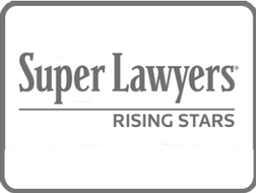

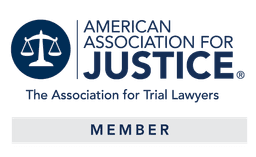


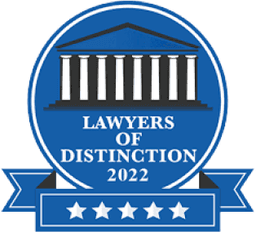


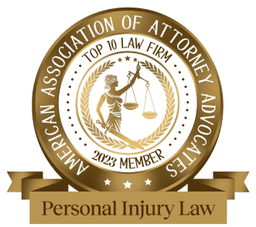














































































































Recover More Than You Think
What's Your Case Worth?
Time matters after an accident. Speak with an experienced attorney who can explain your options, discuss potential case value, and plan your next steps. Your call is confidential and 100% risk-free. Call us anytime for a free case review.
Personal Injury
Serious injuries can disrupt every part of your life—from your health to your finances. Our team helps victims pursue the compensation they need to move forward.
Car Accident
Negligent drivers and uncooperative insurers can make a bad situation worse. We step in to protect your rights and pursue the full value of your claim.
Truck Accident
Accidents involving commercial trucks often result in catastrophic damage. We know how to investigate these cases and hold trucking companies accountable.
Motorcycle Accident
Motorcyclists face serious risks on the road—and too often, drivers don't pay attention. We advocate for riders and fight to secure the compensation they're owed.
- Catastrophic AccidentWrongful DeathCar AccidentBicycle AccidentPedestrian Accident Premises LiabilitySlip & Fall AccidentDog Bite

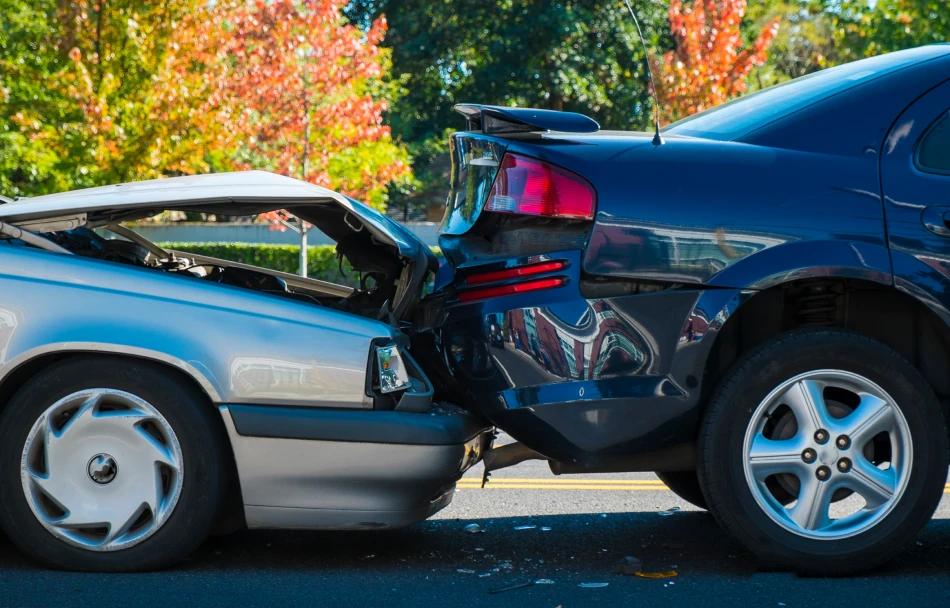
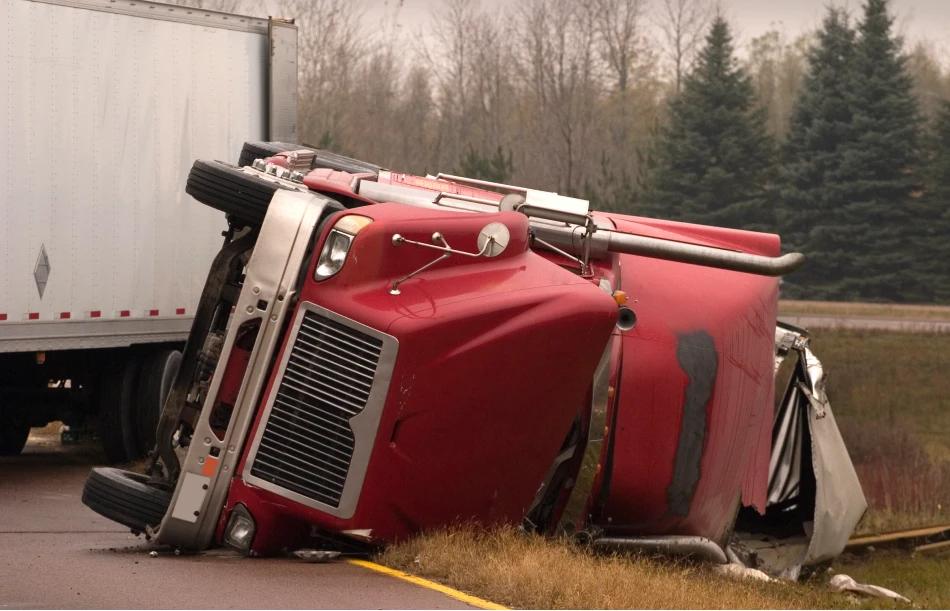
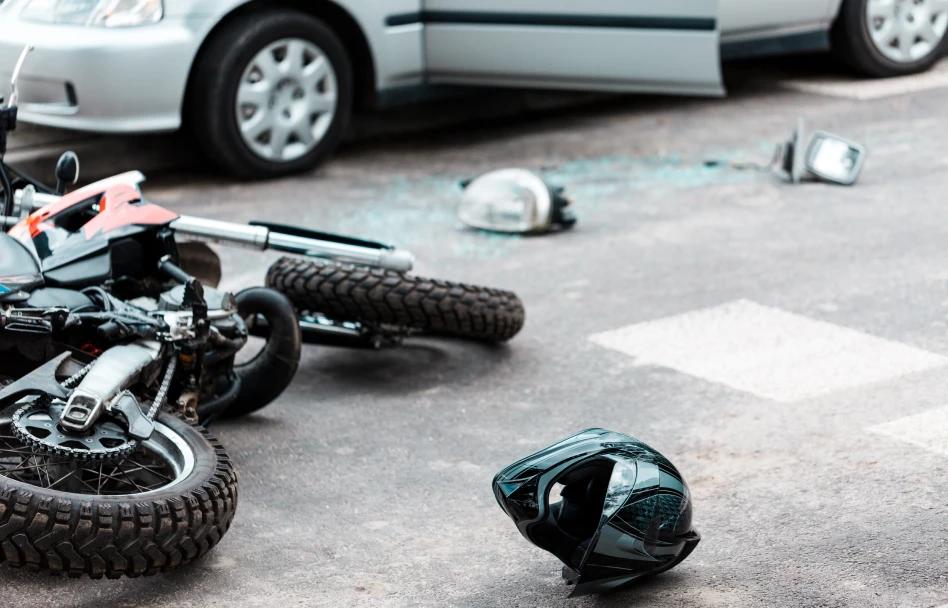
No Fees Until You Win
Connect with a top-rated attorney to recover maximum compensation for your personal injury claim.
24/7 Free Consultation
Call (844) 343-9609As Seen In














































































































Why Choose Us
We Advance Your Case Costs

No recovery - no fees. If we don't win your case, you don't pay a dime.
Thousands of Satisfied Clients

You will have direct communication with our attorneys 24/7.
Highly Educated Attorneys

Our attorneys are graduates of UCLA, Southwestern Law School, Pepperdine and Loyola.
3 Easy Step Process
Let's Get Started
Get Connected
Begin by sharing details about your accident and the legal assistance you require. It's a quick process, and rest assured, your information remains completely confidential.
Free Consultation
Enjoy the peace of mind that comes with our complimentary consultation service. Speak directly with legal experts who will assess your situation and provide invaluable guidance, all without any cost or commitment.
Take Action
Empower yourself to take the necessary steps towards resolution. With the support of our dedicated legal partners, you can confidently navigate the next phase, armed with expert advice and guidance tailored to your specific needs.
Get an agent on the line in seconds
Responsive
Legal Assistance
Our personal injury attorneys advocate for the funds necessary to cover bills, secure medical treatment, recoup lost wages, and provide compensation for your pain and suffering.
Are you facing unfair treatment from the insurance company?
Do you know the value of your case?
Is the insurance company asserting that the accident is your responsibility?

We'll get back to you ASAP.
Get Your Free Consultation
You Pay Nothing Unless We Recover Compensation For You




